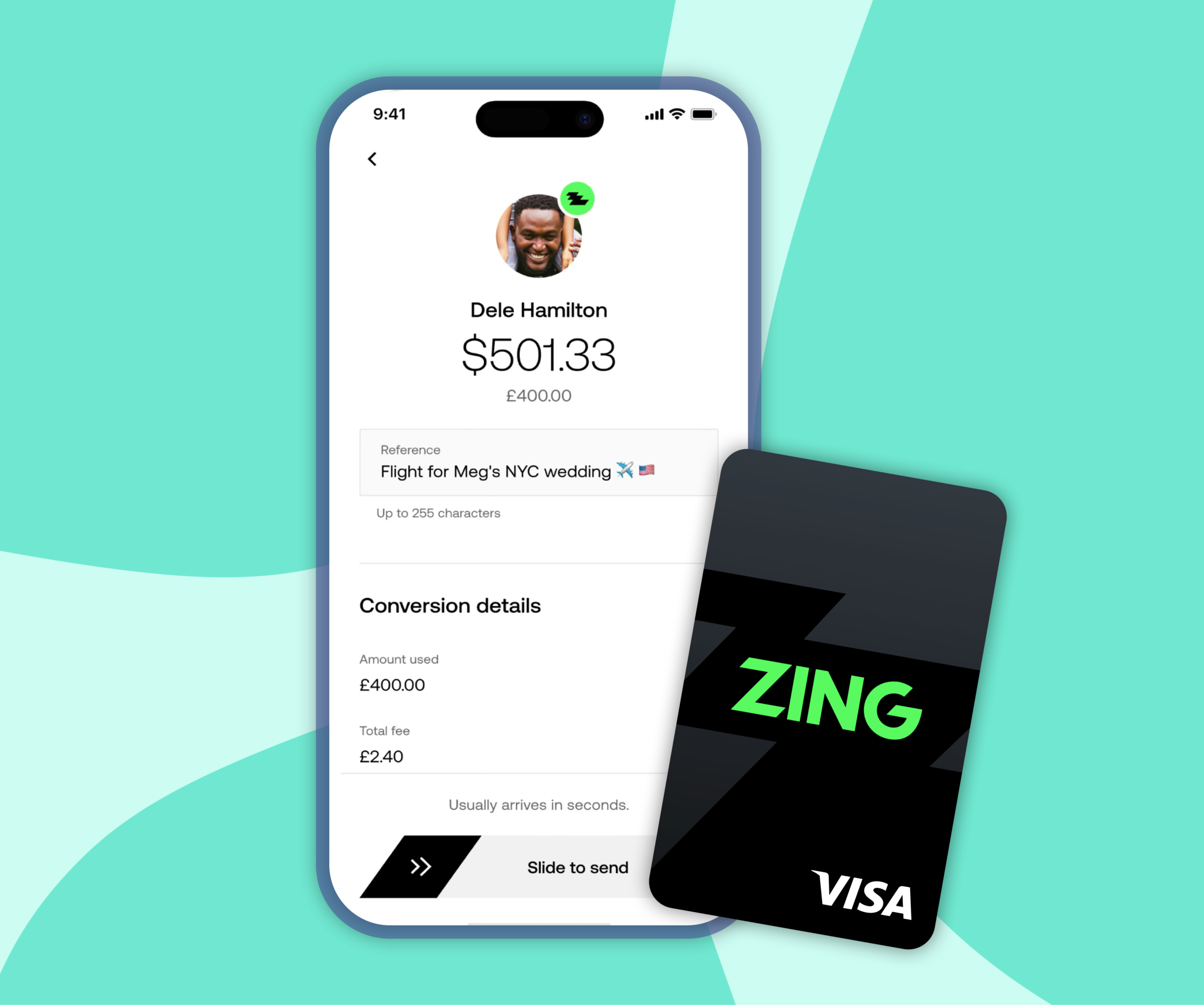HSBC debuts it’s international money transfer app Zing in the UK

Zing, a noteworthy entrant to international payments
HSBC has debuted it’s multi-currency app and debit card, Zing, and there’s a few good reasons to consider it a serious competitor for brands like Revolut, Wise (formerly TransferWise) and other fintechs in the international payments space.
HSBC’s strategic initiative with Zing is a move to stay relevant within the multi-trillion pound, cross border payments market, a sector which is anticipated to continue to experience sustained growth throughout the coming decade.
This market has already seen the rise of a few dominant fintechs, who have successfully attracted and acquired tens of millions of retail customers. Their success can be attributed to a combination of factors: lower transaction costs, greater transparency, frictionless onboarding and compliance, speed of transactions, sleek and simple-to-use digital platforms, increased trust in fintech and early technology adoption, and a consistent track record of top-tier customer satisfaction.
HSBC’s introduction of it’s new brand and product in this space demonstrates it’s appetite and commitment to strengthening its presence and recapturing a larger share of this market by leveraging its resources, distribution power and underlying global banking infrastructure.
Available for download on both iOS and Android platforms, Zing enables global transactions in over 200 countries and territories. The app supports more than 30 currencies at launch, offering users the flexibility to send and convert money through a combination of local and Swift payment methods. A key feature of Zing is its capacity to hold up to 10 different currencies in individual wallets. This function allows users to secure advantageous exchange rates and spend efficiently in various currencies while traveling. Additionally, Zing introduces an FX sweeping mechanism. This feature automatically converts currencies across different wallets to facilitate transactions at the point of sale, simplifying the payment process for users.
It’s important to note that Zing is an e-money institution, and therefore not covered by the financial services compensation scheme, despite being part of the HSBC group.
James Allan, the founder and CEO of Zing, has been part of HSBC since 2020, as indicated by his LinkedIn profile. Allan initially joined as Group Head of FX and Payments in the wealth and personal banking division of HSBC. His work on Zing appears to have begun in 2021, suggesting that HSBC’s strategy to make a significant impact in this market has been in the pipeline for over two years. Allan, discussing the launch, emphasized the timeliness and uniqueness of Zing, stating, “Now is the time for a new kind of international payments solution; one that combines cutting-edge innovation with the support of a global bank. Zing delivers this truly unique proposition for consumers, helping them live their best international lives.”
Zing plans to go to market with a somewhat unique customer acquisition strategy. The first 10,000 people to join Zing will become ‘founding members’ and, soon after launch, will receive exclusive rewards in their first year including their choice of Zing fee-free currency conversions (up to £1,000 transactions) or 20 Zing fee-free international ATM withdrawals.
The entrance of strong competitors like HSBC’s Zing into this already competitive market is likely to deliver benefits to consumers, businesses, and the UK economy overall. Customers can anticipate a broader range of choices, increased value, and improved service quality from competing firms. It will be interesting to see how relationships between payments fintechs and banks evolve in this space, particularly where big banks are underpinning the payment rails of those fintechs through partnerships and integrations, as they do in many cases. The healthy tension and partnerships between banks and fintech has now undoubtedly produced the conditions in which consumers and businesses are now benefiting from innovation, greater transparency and a commitment to service quality that may otherwise have remained underserved if still dominated by the legacy banking system. Long may that continue.


